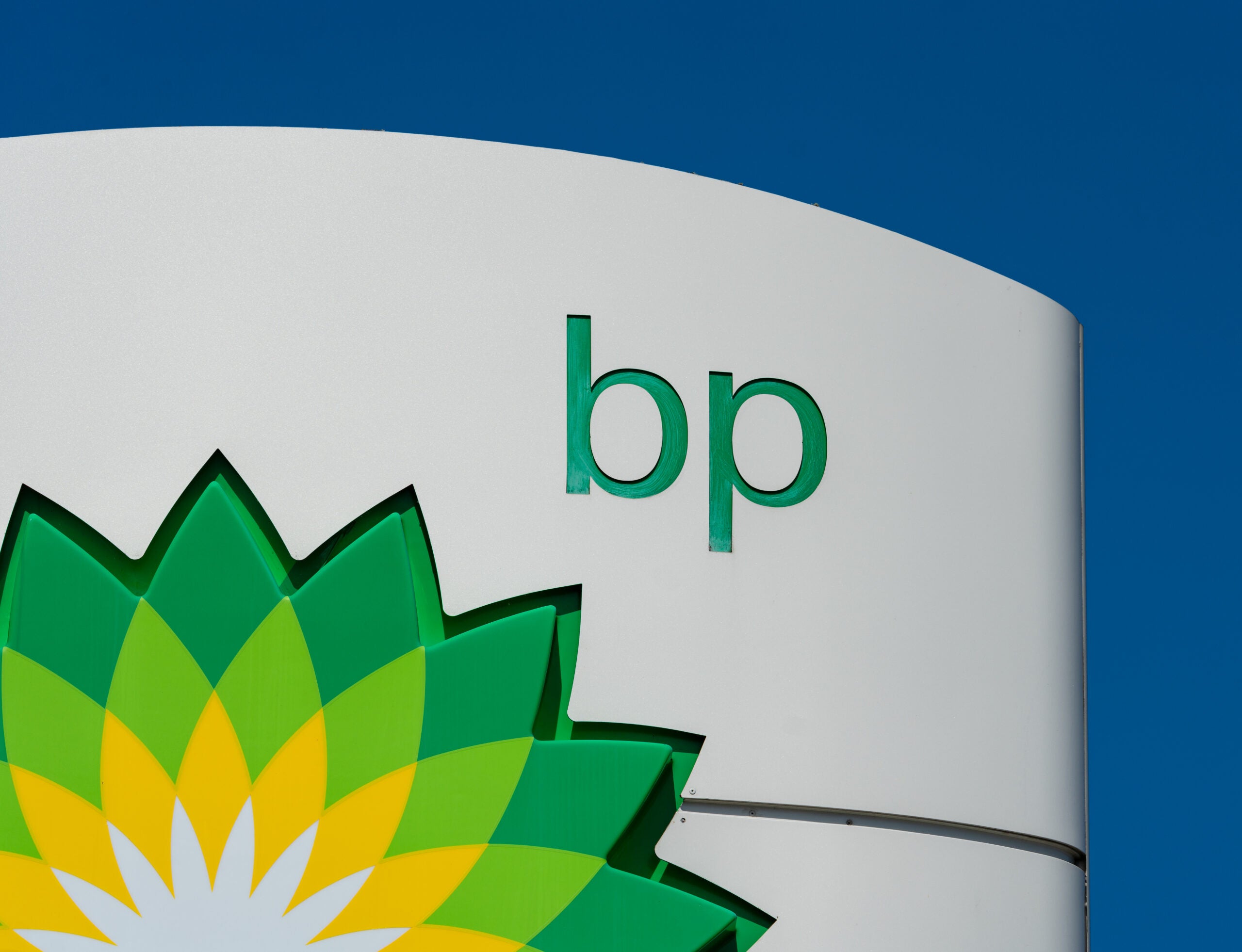
BP has reported profits of almost $13bn in 2021, its highest earnings in eight years, boosted by rising oil and gas prices as energy demand rebounds from the pandemic.
Company earnings for the final three months of 2021 rose from $3.3bn to $4.1bn in the third quarter, as compared to $100m in the last three months of 2020. This represents the largest profit recorded by BP since early 2013.
Announcing the latest results, chief executive Bernard Looney said: “2021 shows BP doing what we said we would – performing while transforming.”
The news of such a significant profit recovery is likely to fuel increasing demands for a windfall tax to be imposed on high-earning energy companies. The recent spike in energy prices as a result of tight gas supplies and high demand means consumers are facing household gas and electricity bill increases of as much as 54% – representing an average bill increase of £700 per year.
In response, MPs, unions, and members of the public alike are calling for oil and gas majors to contribute some of their earnings to ease households’ energy bills.
Such calls have been further fuelled by news that oil major Shell similarly reported profits of $19bn in 2021, the highest earnings seen by the group in eight years.
How well do you really know your competitors?
Access the most comprehensive Company Profiles on the market, powered by GlobalData. Save hours of research. Gain competitive edge.

Thank you!
Your download email will arrive shortly
Not ready to buy yet? Download a free sample
We are confident about the unique quality of our Company Profiles. However, we want you to make the most beneficial decision for your business, so we offer a free sample that you can download by submitting the below form
By GlobalDataWhile the government announced a series of measures last week in an attempt to offset energy bills – offering £350 in financial support to 80% of households – oil and gas majors’ bumper years are causing further dissent around the lack of tax.
BP has said that it intends to use the profit increase to boost its spending on low-carbon solutions, such as EV charging infrastructure, to 40% of total spending by 2025 and 50% by 2030.
Plans were initially laid out by Looney in 2020 to boost the group’s renewable energy capacity by 20 times its current levels by 2030, as well as curbing its oil output by 40% and achieving net-zero emissions from operations by 2050.
“We are accelerating the greening of BP. Our confidence is growing in the opportunities that the energy transition offers,” Looney told investors.



